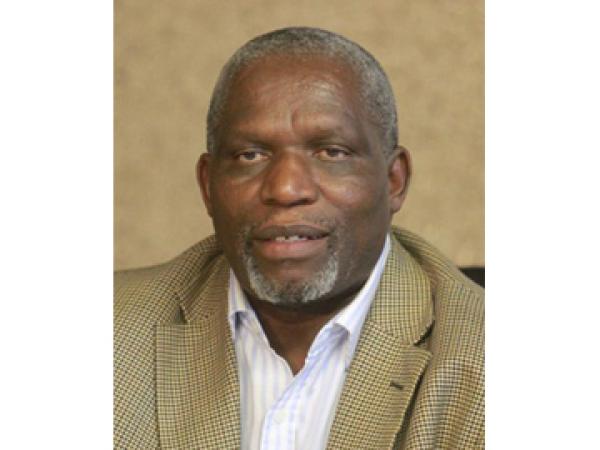NUM and Nzimande defence of Zokwana raises questions about transparency for unions

The recent allegations of financial impropriety in the upper ranks of the SA Municipal Workers’ Union are only the latest in a string of similar scandals over the years. And it is little wonder that these have erupted, for many trade unions have transformed themselves into bureaucratic organisations with business links.
As this column has noted, this has led to a growing mood of rebellion within the ranks of Cosatu. A major reason, however, is less the claims of fingers in the union tills, but of leaders of the country’s major trade union federation using the labour movement as a stepping stone to bigger and better positions.
The problem, most clearly enunciated by the National Union of Metalworkers (Numsa) lies in Cosatu being part of the governing, ANC-led alliance. So loyalty to the ANC, rather than to the professed principles and policies of the labour movement, is rewarded by political patronage.
Every national election has seen union leaders “deployed” to provincial and national legislatures, effectively joining what many workers see as the gravy train. The same applies at local government level.
The May 7 election was no exception and it saw Senzeni Zokwana, the president of the National Union of Mineworkers (NUM), catapulted into the new national cabinet as minister of agriculture, forestry and fisheries. Last Sunday the City Press triggered a major rumpus throughout the labour movement when it revealed that Zokwana grossly — and illegally — underpaid a farm worker employee.
While the legal minimum monthly pay for farm workers is R2 420, Zokwana, who is also chair of the SA Communist Party (SACP), paid R800. This revelation has resulted in widespread anger at the governing alliance that was exacerbated when higher education minister and SACP general secretary Blade Nzimande, stepped in to support Zokwana.
According to Nzimande, Zokwana was “only a poor mineworker”. Now that he was a minister, payment to the worker would increase. Using the “half a loaf is better than none” argument normally associated with groups such as the Free Market Foundation, Nzimande added that it was better that the worker had some money rather than being unemployed.
NUM also issued a strident defence of Zokwana “(who) served workers with dedication and commitment” and demanded that other leaders “come out clean and declare openly how much they pay their workers”. The Cosatu statement also agreed that Zokwana should not be singled out and called for enforcement of the minimum wage and other labour laws.
Officials of the federation did, however, anonymously confirm that Zokwana’s presidential pay package was in excess of R1 million a year. They also supported the call on Zokwana “and all who employ workers” to lead by example and pay the minimum wage.
What all this boils down to is a growing demand for financial transparency — and this could prove embarrassing for a number of both trade unionists and politicians. But there should be no reason for continual allegations, for subsequent denials and a lack of transparency — or for the media to investigate and expose such abuse.
The Bill of Rights states clearly that “everyone has the right of access” to any information “required for the exercise or protection of any rights”. And Section 16 of the Labour Relations Act makes it obligatory for companies to open their books to unions to enable them effectively to perform their functions.
So we have in place, at least in principle, the legal mechanisms that demand transparency in all matters that affect the rights of any citizen. That trade unions do not, as a matter of course, enforce these provisions is perhaps not surprising, since they — along with most employers — also seem oblivious to even the underlying causes for the ongoing global economic crisis.
This has particular resonance this week with the strike threatened by Numsa, that has the core of its membership in the auto sector. Because, at the root of the crisis is the absurdity of over capacity and over production.
With car sales in China slowing and production in that country now in surplus, some estimates put the number of unsold new vehicles at millions of units. This could also have an impact on the platinum sector since the bulk of the metal is used in auto exhausts as a catalyst.
This means that the metal is almost endlessly recyclable and reusable. But the demand for autocatalysts is falling and recycled platinum now accounts for more than 2 million ounces a year. Awareness of these factors may be another reason why pgm companies remain doggedly opposed to the R12 500 entry level pay demand by underground miners.
Support independent journalism
Donate using Payfast

Don't miss out on the latest news
We respect your privacy, and promise we won't spam you.

This article is licensed under a Creative Commons Attribution-NoDerivatives 4.0 International License.
